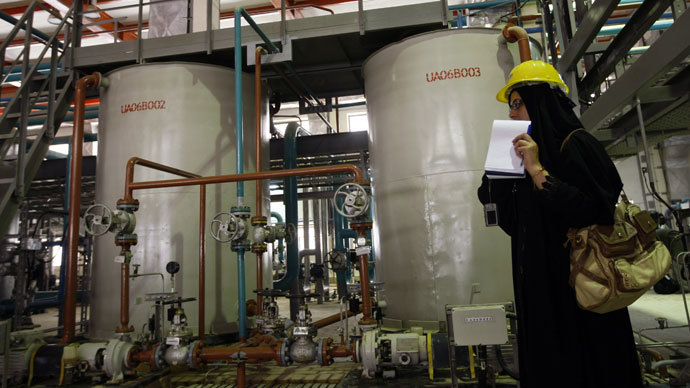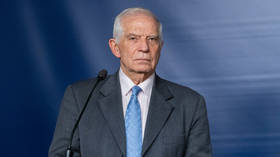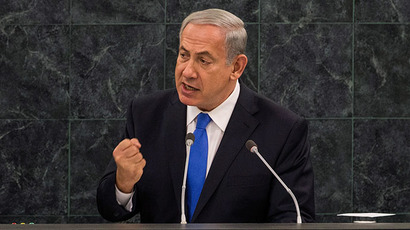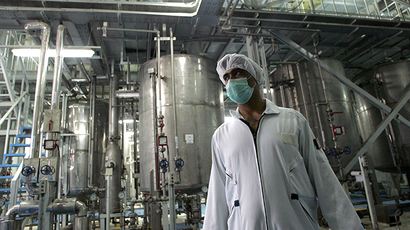Handing over enriched uranium a ‘red line’ – Iranian deputy FM

Iran will not agree to send its stockpile of enriched uranium abroad, one of its chief negotiators said ahead of talks with world powers over the Islamic Republic’s nuclear program.
But Deputy Foreign Minister Abbas Araqchi said Iran would be more flexible on other aspects of the country’s uranium enrichm
Iran will not agree to send its stockpile of enriched uranium
abroad, one of its chief negotiators said ahead of talks with
world powers over the Islamic Republic’s nuclear program.
se we will negotiate regarding the form, amount, and various levels of [uranium] enrichment, but the shipping of [enriched] materials out of the country is our red line," Araqchi was quoted as saying on Sunday by Iranian state television's website.
Talks on Iran’s nuclear program are set to resume in Geneva next
week with the five permanent members of the UN Security Council
(Russia, the US, China, the UK and France) plus Germany, the
so-called P5+1 group.
The October 15-16 talks will be the first round of negotiations
since Iran’s new president, Hassan Rouhani took office in August,
vowing to engage the world constructively and resolve the
decade-long showdown over Tehran's nuclear program.
The previous high-level meeting between Iran and the P5+1 in the Kazakh city of Almaty ended with an impasse in April.
World powers proposed that Iran halt all 20 percent enrichment activities and transfer part of its stockpile of 20 percent-enriched uranium to a third country under International Atomic Energy Agency (IAEA) supervision. The P5+1 also called on Tehran to suspend all operations at its Fordow facility near the city of Qom.
Despite the deadlock, Rouhani said in an interview with the
Washington Post last month that reaching a nuclear deal with the
P5+1 group should be a matter of “months, not years.”
Meanwhile, on Saturday senior Iranian lawmaker Mohammad-Hassan
Asafari said Western governments should start lifting sanctions
in the run up to the talks as a show of good faith with Tehran.
"To be fruitful, the negotiations need some positive steps
taken by both sides," FARS News Agency cites Asafari as
saying.
"For instance, the Westerners can make some (positive) decisions
(to remove the ban) on the insurance of Iranian oil tankers or
revise their decisions with regard to the ban on the purchase of
Iranian crude by China, India and Japan before the start of the
[Geneva] talks in a bid to show their good will," he said.
Asafari, who is a member of the parliament's National Security
and Foreign Policy Commission's Presiding Board, added that
Tehran is ready to show “more transparency” regarding its
uranium enrichment with the P5+1.
Israeli Prime Minister Benjamin Netanyahu, however, reached out
to European powers over the weekend in an effort to keep the
pressure on Iran.
Speaking with French President Francois Hollande and British
Prime Minister David Cameron, Netanyahu said sanctions imposed on
Iran are close to “reaching their objectives” and should
be increased, an Israeli government official told AP on condition
of anonymity.
Netanyahu has dismissed Rouhani’s softer approach towards the
West as a trick aimed at loosening the tight sanctions regime
targeting the Islamic Republic.
Israel views a nuclear-armed Iran as an existential threat, while
Iran says its nuclear program is peaceful.














